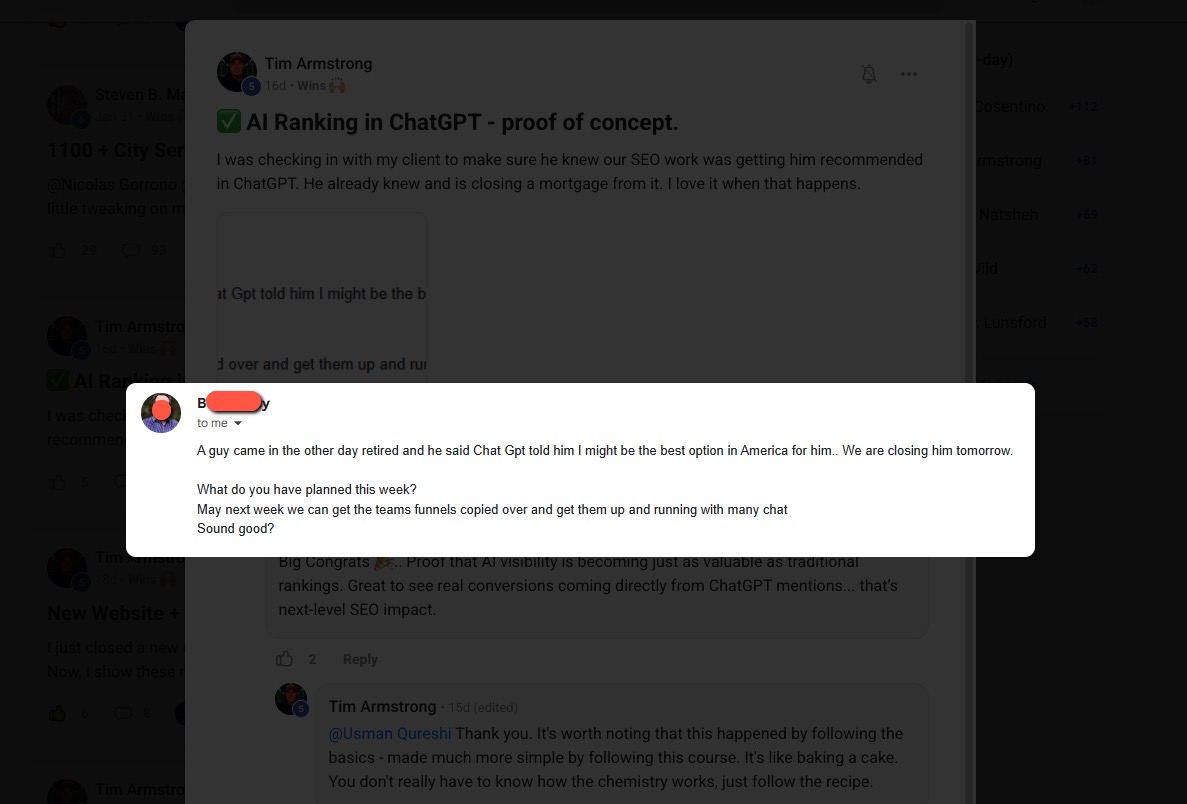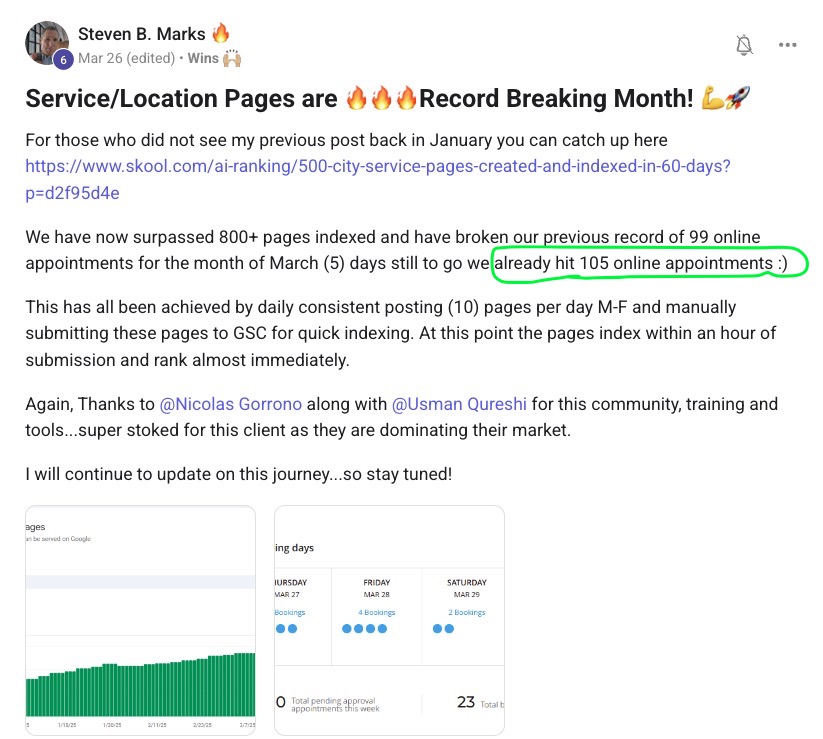
Recognize SEO’s importance
The truth is, if you’re looking to thrive in a crowded financial landscape, you need effective SEO strategies for wealth managers from the get-go. You might be juggling client meetings, portfolio reviews, and compliance headaches, but ignoring your digital presence is a surefire way for potential clients to skip right past you. Don’t get me wrong, it’s cool and all to rely on referrals, but the days of word-of-mouth alone carrying your business are pretty much over.
Focus on YMYL standards
Google has special rules for Your Money or Your Life (YMYL) content—like wealth management. That means you need to show deep expertise, authority, and trustworthiness (E-A-T). Regularly publish expert insights on market trends or innovative financial products to highlight your credibility. It’s not just Google that cares, either. About 87% of consumers research you online before picking up the phone, so making a good first impression is key (AI Rankingskool).
Assess your site structure
Wealth managers often overlook simple site fixes, which can sabotage SEO. Make sure your navigation is clear, your site loads fast, and pages are mobile-friendly. If you’re unsure where to start, scheduling an seo audit for financial advisors can save you time and headaches down the line. Clean site architecture isn’t flashy, but it’s foundational if you want to out-rank competitors who are stuck with clunky, outdated websites.
Pick relevant keywords
Some wealth managers go straight for high-volume keywords like “wealth management” or “financial planning,” only to face intense competition and sky-high advertising costs. The trick is finding keywords that match your services and location, so you connect with potential clients when they’re actually looking for what you offer.
Aim for location-based terms
A solid local optimization strategy can help you stand out among the 72% of people who visit a business within five miles after a local search (AI Rankingskool). If you’re a wealth manager in, say, Riverside County, try phrases like “fee-only wealth manager Riverside County” to attract nearby prospects. And if local SEO sparks your interest, check out local seo for financial advisors to dive deeper.
Embrace the long-tail advantage
Long-tail keywords may get fewer searches, but the people searching them are often closer to signing on the dotted line. For example, “digital asset management strategies in Phoenix” is more focused than “digital asset management” and could lead to stronger leads. Less competition plus motivated searchers equals a better shot at capturing interested clients.
Publish valuable content
Consistently publishing insightful, well-researched pieces on wealth management topics lights up your E-A-T signals. That doesn’t mean fluff—it means regularly offering practical takes on tax planning, retirement investment tips, or disruptive technologies shaping your industry.
Provide in-depth resources
Seven out of ten asset and wealth managers highlight disruptive technology as a major driver for innovation (PwC). Consider turning that into blog posts or whitepapers on tokenized funds or crypto adoption. When your content answers real questions—like how tokenization enhances liquidity—people stay on your site and see you as a go-to resource. If you’re eager to refine your approach, you might explore a seo guide for wealth managers to keep your strategy on track.
Improve user experience
Great content pulls people in, but an engaging format keeps them from clicking away. Break up longer articles with headings, bullet points, and short paragraphs. Make sure fonts are easy to read and load times are fast. Google—or any search engine for that matter—rewards helpful user experiences with better rankings. Think of it as digital customer service: the calmer and simpler you make the reading experience, the happier your visitors will be.
Build your backlink profile
You can create the best content on the planet, but without quality backlinks, you’re basically hosting a private party—nobody’s coming if they don’t know it exists. Search engines still view backlinks as “votes of confidence,” especially in the finance realm, where trust is non-negotiable.
Quality over quantity
It’s tempting to buy bulk links, but the truth is you want connections with reputable sites in the finance sector. One backlink from a well-recognized industry platform is far more valuable than a dozen links from random directories. If you’d like a deeper look at turning backlinks into real authority, head over to backlinks for financial advisors.
Thought leadership PR
Earning media placements in credible financial publications or trade magazines is a powerful way to grow your online authority. Tapping into digital PR also puts your name in front of the right audience. Submit guest posts, collaborate on podcasts, or answer queries on sites like HARO. Add strong quotes, stats, or unique opinions—like your take on the 80% of surveyed wealth managers citing disruptive tech as a main revenue driver (PwC)—to demonstrate future-focused thinking.
Monitor and refine progress
SEO is a long game that requires regular tune-ups. Once you start ranking and the leads roll in, don’t just pat yourself on the back—keep adapting.
Track key metrics
Keep an eye on organic traffic, bounce rates, and keyword rankings. Track how these metrics correlate with actual client inquiries. Small dips might mean algorithm changes or stiff competition. Adjust your tactics, conduct a fresh seo audit for financial advisors if necessary, and stay nimble.
Embrace continuous improvement
SEO doesn’t have a finish line. Shift your focus whenever you notice emerging trends—cryptocurrency, sustainable investments, or new compliance rules. One thing is certain: as the financial landscape evolves, so must your approach to search engine optimization. Fortunately, the more you refine, the more you stand out, and that’s the sweet spot you want in a competitive market.
Go forth and optimize. Because in today’s digital-driven universe, letting your online presence slip is about as effective as hiding your business card in a shoebox—and good luck getting anywhere with that.



.webp)



